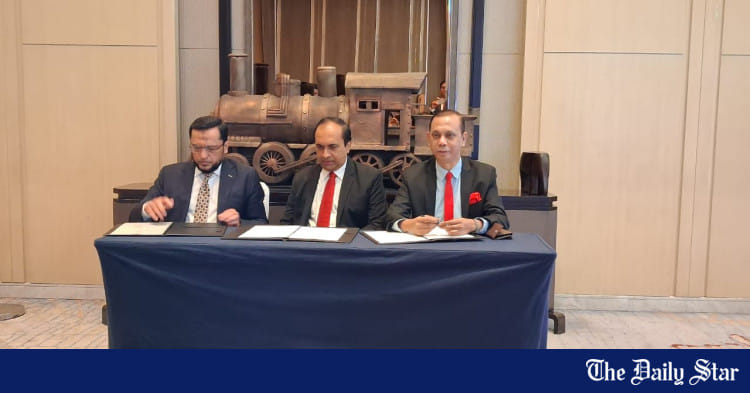Saif
Senior Operative
- 13,242
- 7,264
- Origin

- Axis Group

- Copy to clipboard
- Thread starter
- #609

Forex reserve crosses $25 billion
The forex reserve in the country has crossed US $25 billion before the Eid-ul-Fitr as it was boosted by the record $2.95 billion remittance income in the first 26 days of this March. Bangladesh Bank deputy director Mohammad Ibrahim Munshi confirmed this.
Forex reserve crosses $25 billion
Staff Correspondent
Dhaka
Published: 28 Mar 2025, 20: 27

Dollar File photo
The forex reserve in the country has crossed US $25 billion before the Eid-ul-Fitr as it was boosted by the record $2.95 billion remittance income in the first 26 days of this March.
Bangladesh Bank deputy director Mohammad Ibrahim Munshi confirmed this.
According to the central bank, the reserve was $25.44 billion on Thursday. On the other hand, as per the calculation done using BPM-6, following the requirement of the International Monetary Fund, the amount of reserve was $20.29 billion.
The Bangladesh Bank paid $1.75 billion import bills of January and February on 9 March through Asian Clearing Union (ACU).
As a result, the actual reserve had fallen to $19.75 billion. But within just 20 days, the reserve amount increased, thanks to the remittance and export incomes.
Staff Correspondent
Dhaka
Published: 28 Mar 2025, 20: 27
Dollar File photo
The forex reserve in the country has crossed US $25 billion before the Eid-ul-Fitr as it was boosted by the record $2.95 billion remittance income in the first 26 days of this March.
Bangladesh Bank deputy director Mohammad Ibrahim Munshi confirmed this.
According to the central bank, the reserve was $25.44 billion on Thursday. On the other hand, as per the calculation done using BPM-6, following the requirement of the International Monetary Fund, the amount of reserve was $20.29 billion.
The Bangladesh Bank paid $1.75 billion import bills of January and February on 9 March through Asian Clearing Union (ACU).
As a result, the actual reserve had fallen to $19.75 billion. But within just 20 days, the reserve amount increased, thanks to the remittance and export incomes.






